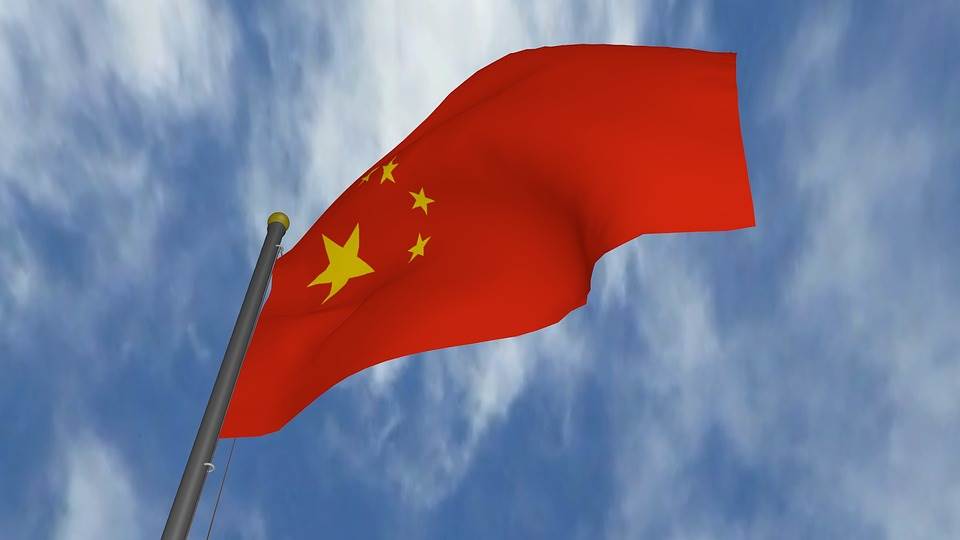 Chinese Vice Foreign Minister Le Yucheng told the media on Tuesday that he remains optimistic about a trade deal being reached between the United States and China, saying that “as long as we respect each other and seek equal cooperation, there are no disagreements that cannot be resolved…”The comments came shortly after China sought $2.4 billion in retaliatory sanctions against the U.S. for its failure to comply with a World Trade Organization ruling since the time Barack Obama was president. The WTO will review the case next week.
Chinese Vice Foreign Minister Le Yucheng told the media on Tuesday that he remains optimistic about a trade deal being reached between the United States and China, saying that “as long as we respect each other and seek equal cooperation, there are no disagreements that cannot be resolved…”The comments came shortly after China sought $2.4 billion in retaliatory sanctions against the U.S. for its failure to comply with a World Trade Organization ruling since the time Barack Obama was president. The WTO will review the case next week.
Washington officials have challenged the WTO’s ruling, which relates to tariffs on specific Chinese products including solar panels and wind towers. Washington has also been battling the WTO about its treatment of China on the global trade stage, claiming that the WTO provides better trade terms for China because it is considered a ‘developing country’. Consequently, the U.S. is aggressively trying to repeal China’s developing country status in the WTO.
Global economists have long posited that the ongoing trade war is not just harming the U.S. and China, but is having deleterious results on the greater global economy. Kristalina Georgieva of the International Monetary Fund has estimated that the trade war could lead to “global losses of around $700 billion,” while IMF Chief Economist Gita Gopinath projected earlier this month that the trade war would cause “slower growth in nearly 90 percent of the world.” The IMG forecasts international economic growth of 2.4 percent in 2020, a 0.2 percentage point decline from its April forecast.
Malaysian Prime Minister Mahathir Mohamad expressed concern that his country could be caught in the economic crosshairs earlier this week. “Economically we are linked to both markets, and physically we are also caught in between for geographical reasons,” Mahathir said. He added that he is hoping for the best and preparing for the worst by seeking new trade collaborations with other neighboring countries.
The U.S. dollar was moderately lower just after noon in Asia on Tuesday, with the dollar index trading down 0.04 percent to 97.29 .DXY as of 12:47 p.m. HK/SIN. The British pound surged against the greenback, up 0.19 percent to $1.2982, while the euro rose 0.04 percent to $1.153. The Australian dollar also gained against its U.S. counterpart, trading up 0.12 percent to $0.6874. The dollar did manage to squeeze out gains against the yen, trading up 0.03 percent to 108.61.
